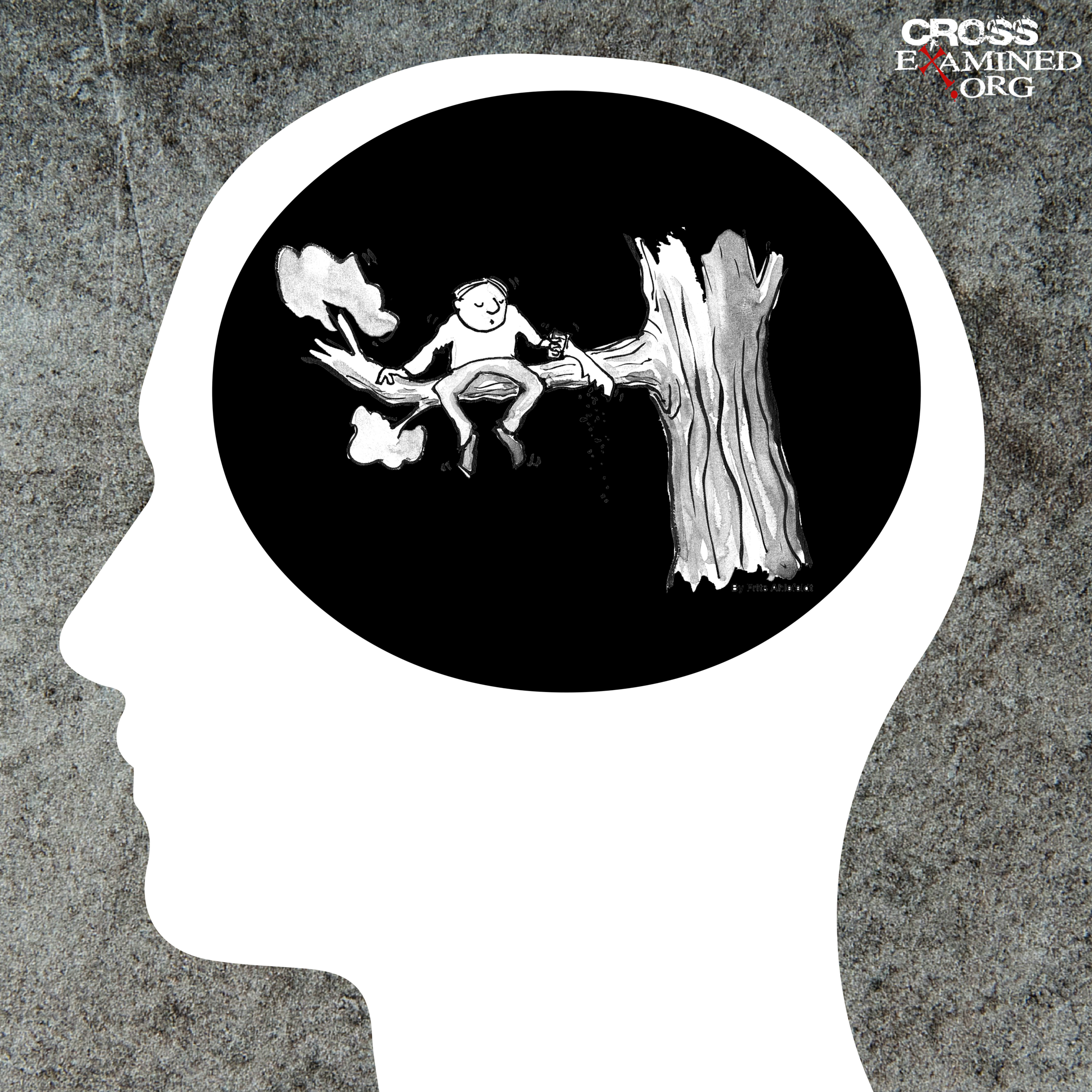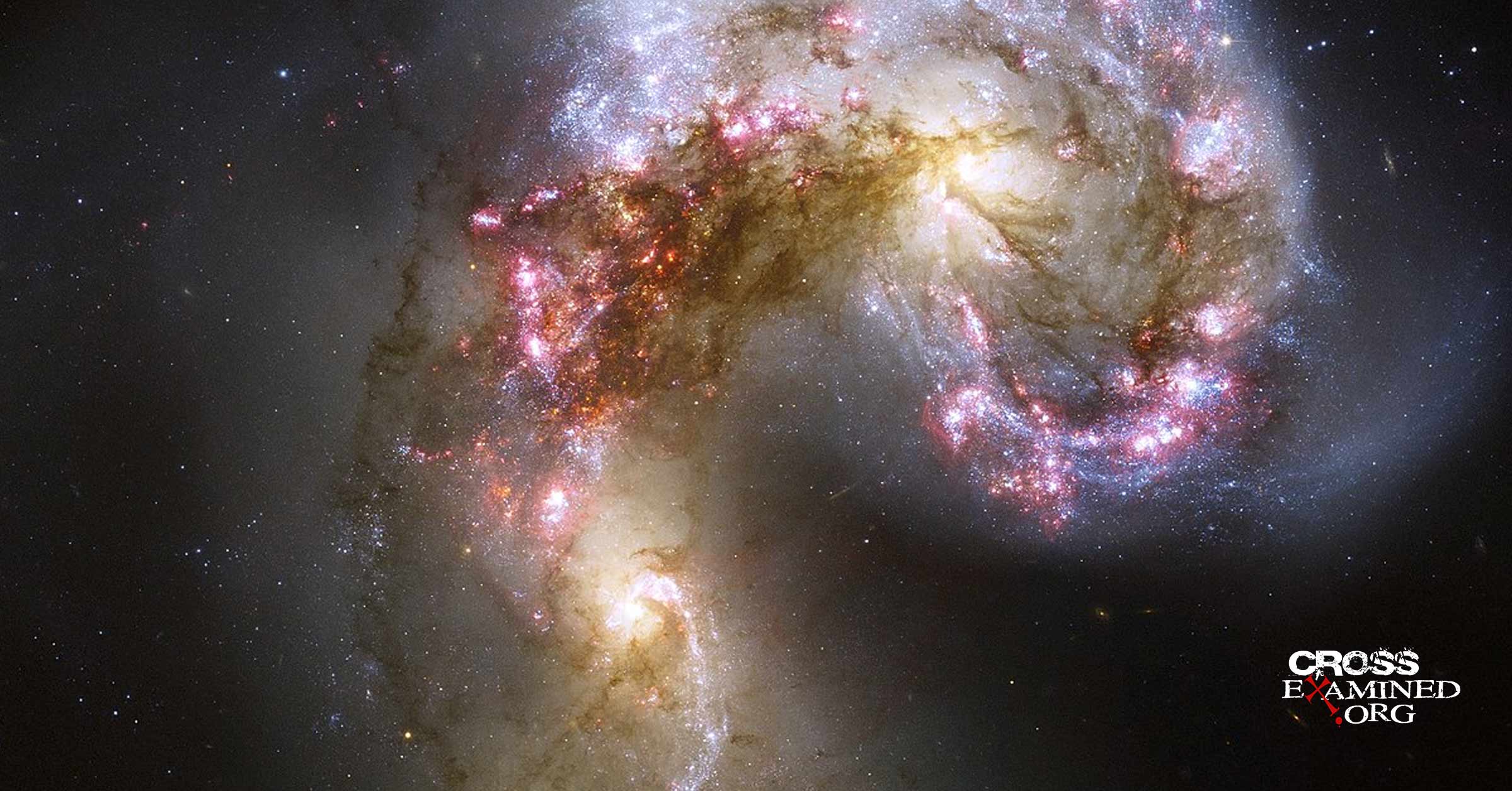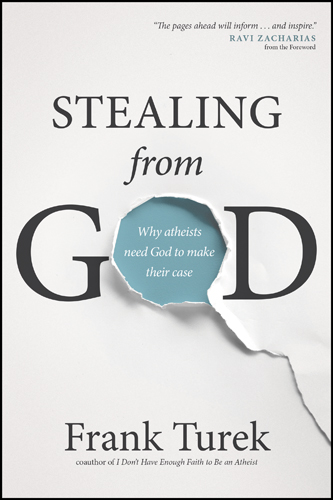Popular Christian rapper Jahaziel made the news when he released a statement renouncing his faith (you can read the full message here). As I read his statement, I was really struck by something…the utter predictability of every claim he made against Christianity.
His deconversion statement reads like a play-by-play from the “2015 Internet Guide to Why Christianity Isn’t True.” I have to admit that after I read it, my jaded side initially reacted with a mental shoulder shrug: “Nothing new here. Same tired set of claims.”
But then I realized that’s the same mental shoulder shrug I make at about 95% of blog comments I receive from skeptics of Christianity these days. That’s not because I’m somehow better than those comments, or because those comments aren’t raising important questions that should be answered.
It’s simply because I’ve spent the last few years making myself aware of the challenges to Christianity, reading what both Christians and skeptics say about those challenges, and concluding repeatedly that the case for the truth of Christianity is powerfully strong.
It occurred to me when reading Jahaziel’s statement that this is precisely the position we want our kids to be in by the time they leave home—where the challenges they hear from the world are nothing new, nothing shocking, nothing they haven’t heard some version of before…and nothing they haven’t had the opportunity to investigate with you.
That’s not as hard to accomplish as you might think.
The fact that these claims are so predictable means our job is both well-defined and achievable.
Jahaziel’s Predictable “Case Against Christianity”
A lot of parents are overwhelmed at the thought of helping their kids learn the case for Christianity and how to defend their faith against the seemingly ubiquitous challenges today.
Where do you start? Where do you end? How can you cover it all? How can kids ever really be sufficiently prepared? How can we even be prepared ourselves?
But here’s what you need to know: Helping your kids develop a faith that’s prepared for today’s challenges is not a nebulous, impossible task.
Rather, skeptics are making a predictable set of claims, so we have a pretty specific agenda we should be covering with our kids over time. Think of it like helping them study for a test. You might not be able to anticipate every conceivable question they’ll get, but you can make sure they know what major subject areas they’ll encounter and how to think through the most important questions in those areas. They’re not venturing out into a completely wild blue yonder. This test can be studied for.
To demonstrate what I mean, I want to walk you through the key parts of Jahaziel’s statement. There are all kinds of claims against Christianity embedded here. But they are so common—so predictable—that I can literally point to where I answered each one in my book. I don’t say that to suggest I’m particularly insightful or to advertise the book; I say it to show that Jahaziel’s many and varied claims are all common enough to have been addressed in a single book about today’s key faith challenges.
Let’s take a look.
“I have met some great people in church and learned some great principles from Christianity/the Bible. These principles, however, are not exclusive to any religion.”
Underlying this statement is the implied assertion that all religions are essentially the same because they boil down to “great principles.” Do all religions really point to the same truth? Absolutely not. A lot of people try to claim that (including Oprah, as one example), but it’s simply illogical. I explain why in chapter 10. Nothing surprising here.
“I have met many sincere Christians, both church goers and church leaders, and although I have not seen every one of the 40,000 Christian denominations currently in existence I think I have seen enough to personally make a general conclusion regarding Christianity in the broadest sense.”
Ah, yes, the 40,000 denomination claim. I can’t tell you how many times skeptics have commented on my blog about that number. That’s why my chapter 14 exists: “If Christianity is true, why are there so many denominations?” Nothing surprising here.
“Now, after 20 years of being vocal about the positives of Christian faith, I would like to take some time to be equally vocal about the negatives I have found, i.e., Christianity and its controlling dictatorship, its historic blood trail, its plagiarized Bible stories, characters and concepts, the many human errors of the Bible and its contradictions, the brutal nature of its God, its involvement in the slave trade, the crusades, the inquisition, the witch hunts… you get the drift.”
I’m not sure what he’s talking about specifically with “controlling dictatorship,” but the rest of this is, once again, standard fare.
- Historic blood trail? Crusades? Inquisition? Witch Hunts? This is all part of the common claim that Christianity is responsible for millions of deaths in history… therefore Christianity is both false and evil. I address this in chapter 15. Nothing surprising here.
- Plagiarized Bible stories, characters and concepts? This could refer to a lot of things, but he’s likely referring to the common claim that Christianity was borrowed from pagan myths. I address this in chapter 22, where I talk about various theories of the resurrection. Nothing surprising here.
- The many human errors of the Bible and its contradictions? This is one of the most common blanket statements you hear today and it includes multiple layers of questions/challenges: How were the books of the Bible selected? Why were books left out of the Bible? How do we know we can trust the Bible’s authors? How do we know the Bible we have today says what the authors originally wrote? These aren’t shocking questions…once again, they’re par for the course and are the titles to chapters 25-29 in my book. Nothing surprising here.
- The brutal nature of God? Involvement in the slave trade? No list of claims against Christianity would be complete without this one, targeted at the difficulties in parts of the Old Testament. I discuss the “genocide” of the Canaanites in chapter 3, and claims that the Bible supports slavery, rape, and human sacrifice in chapters 30, 31, and 32. Nothing surprising here.
It’s Not Just Jahaziel
I used Jahaziel’s statement as a “case study” to make the point of this post, but lest you think this is a one-off example, I want to leave you with one other quick and poignant (true) story.
A young Christian I know who’s an undergraduate student posted on Facebook recently about a humanities class he’s taking. He said that, so far in the semester, he’s “learned” the following: Jesus never claimed to be God in the synoptic Gospels (Matthew, Mark, and Luke), Christianity borrowed ideas from earlier pagan myths, and the church arbitrarily picked which books to include in the Bible according to its own biases.
He noted, “The reactions of other students are of shock and disbelief. Yesterday the professor asked a student how these facts made her feel. She said she was mad and couldn’t wait to go yell at her pastor and parents. The professor egged her on. It was like watching a commander rally up his troops to tear down his enemy.”
The girl in the class was presumably ready to throw out years of Christian upbringing after a couple of months in a single college class. All because she heard some standard claims against Christianity for the first time…
Jesus never claimed to be God? I cover that in chapter 18. Nothing surprising there.
Christianity borrowed ideas from earlier pagan myths? That was in Jahaziel’s list too. Again, I discuss that in chapter 22. Nothing surprising there.
The church arbitrarily picked books for the Bible? See chapters 25 and 26. Nothing surprising there.
This girl’s faith crisis was entirely unnecessary…if only her parents had taken the time to prepare her for this highly predictable “test.”
If our kids are eventually shocked by the claims of skeptics, we have failed to do our job.
As you consider your goals for 2016, I encourage you to ask yourself this: What specific subjects will I get equipped to cover with my kids this year, and how will I share that knowledge with them?
In my next post, I’ll provide a master list of my recommended resources to help you achieve those goals!
Natasha Crain is a blogger, author, and national speaker who is passionate about equipping Christian parents to raise their kids with an understanding of how to make a case for and defend their faith in an increasingly secular world. She is the author of two apologetics books for parents: Talking with Your Kids about God (2017) and Keeping Your Kids on God’s Side (2016). Natasha has an MBA in marketing and statistics from UCLA and a certificate in Christian apologetics from Biola University. A former marketing executive and adjunct professor, she lives in Southern California with her husband and three children.
Original Blog Source: http://bit.ly/2OEiS8Q















